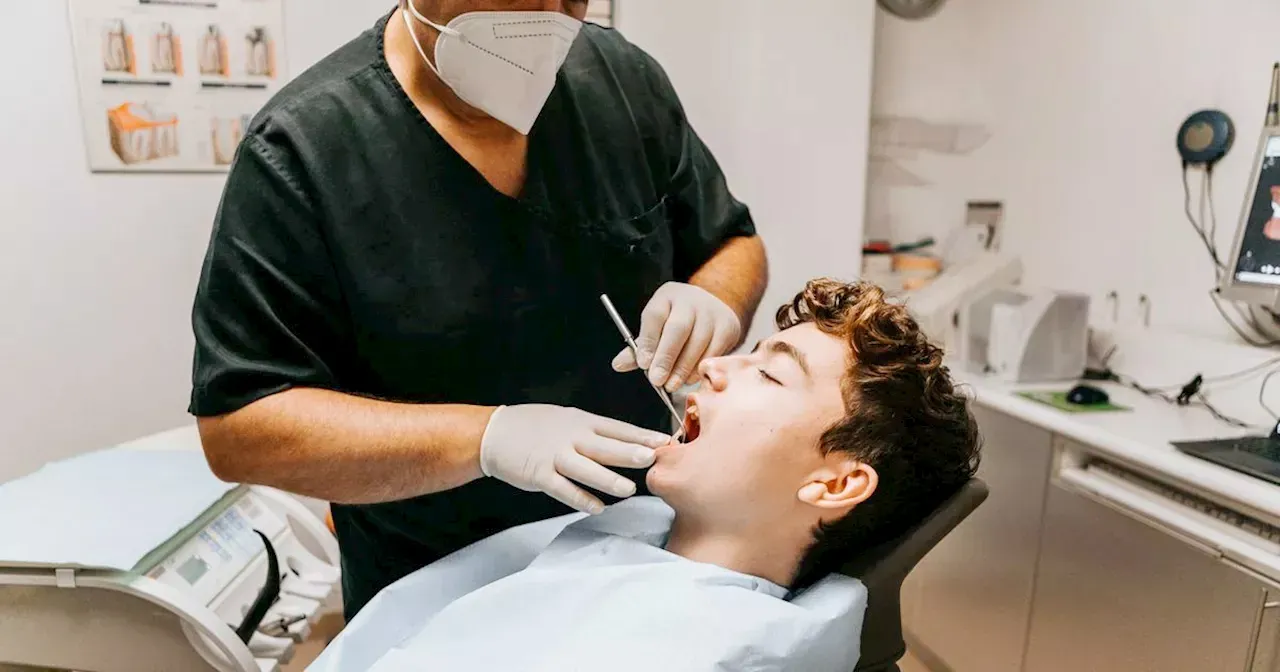Children’s first exposure to the bacteria that causes cavities is commonly through their parents or caregivers. Therefore, it’s very important to avoid sharing utensils or saliva and for parents to maintain a good oral health. However, tooth decay is preventable, and parents can help their kids reduce this risk.
Tooth decay remains a common problem among children, and the National Institute of Dental and Craniofacial Research (NDCR) notes 42 percent of children between the ages of 2 and 11 years old develop a cavity in their primary teeth. Also, NDCR points out almost 28 percent of kids between the ages of 2 and 5 suffer at least one cavity – an indication that tooth decay sometimes goes unaddressed at an early age.
Pediatric dentists can help children discover and eliminate bacteria, but there are steps that you can take to help your child prevent further tooth decay as well, including:
- Teaching kids about the importance of regular brushing and flossing
The American Academy of Pediatric Dentists (AAPD) notes there is a “troubling gap between parental knowledge and action” in relation to pediatric oral health, one that needs to be addressed to ensure parents can help their kids brush and floss their teeth properly.
Oral health education is paramount for parents and children alike. And those who understand the value of everyday brushing and flossing can maintain clean teeth, and ultimately, prevent tooth decay.
Ideally, you’ll want your child to brush and floss his or her teeth at least twice daily. Brushing and flossing after your child eats candy and other sweets can help further reduce the risk of pediatric oral health problems as well.
- Using fluoride and sealants to protect a child’s teeth.
Did you know that children who drink water containing fluoride may be less likely to have cavities than others?
That’s right, and parents who live in communities where high-quality fluoridated drinking water is readily available should be able to reduce their kids’ chances of tooth decay. Comparatively, pediatric dentists can provide viable alternatives to parents who live in communities where top-notch fluoridated drinking water may be tough to find.
Also, don’t forget about sealants and fluoride treatments to help your child minimize the risk of tooth decay.
Sealants serve as plastic coatings that mechanically attached to the tops and grooves of a child’s primary and permanent teeth. Plus, they are proven to help combat tooth decay and plaque, making them exceedingly valuable.
- Avoiding sugary foods
Foods that are high in acids and sugars can damage the enamel of the teeth. Thus, these foods may put your child’s teeth at risk, making his or her teeth more susceptible to long-term oral health issues like cavities and tooth decay.
Parents should be able to identify the dangers associated with sugary beverages, too.
“Unfortunately, many (parents) are not aware that letting kids sip on sugary drinks for hours or putting [children] to bed with a bottle of milk can be [harmful],” AAPD spokesperson Dr. Phil Hunke notes. “These habits can expose teeth to sugar for extended periods of time, increasing the risk of tooth decay.”
Filling a child’s sippy cup with water instead of juice or other sugary beverages may help your child control his or her sugar intake and avoid putting his or her oral health at risk.
- Scheduling pediatric dentist appointments at least twice a year
Every child must have a “dental home” at a trusted pediatric dental office no later than age of 1 according to the AAPD. With the support of a pediatric dentist, you’ll be able to learn what it takes to keep your child’s teeth clean, establish a life-long healthy dental habits and minimize the dangers of tooth decay.
It is important to find a pediatric dentist who understands how to control tooth decay and other pediatric oral health issues. This dentist also should be able to teach your son or daughter how to brush and floss properly, along with how to maintain a clean, healthy smile.
Tooth decay can be a serious problem, but the right pediatric dentist will help you identify pediatric oral health problems immediately and ensure your son or daughter is fully supported.
Take control of tooth decay today! By doing so, you can help your child eliminate the risk of tooth decay and empower him or her to maintain a great smile.









